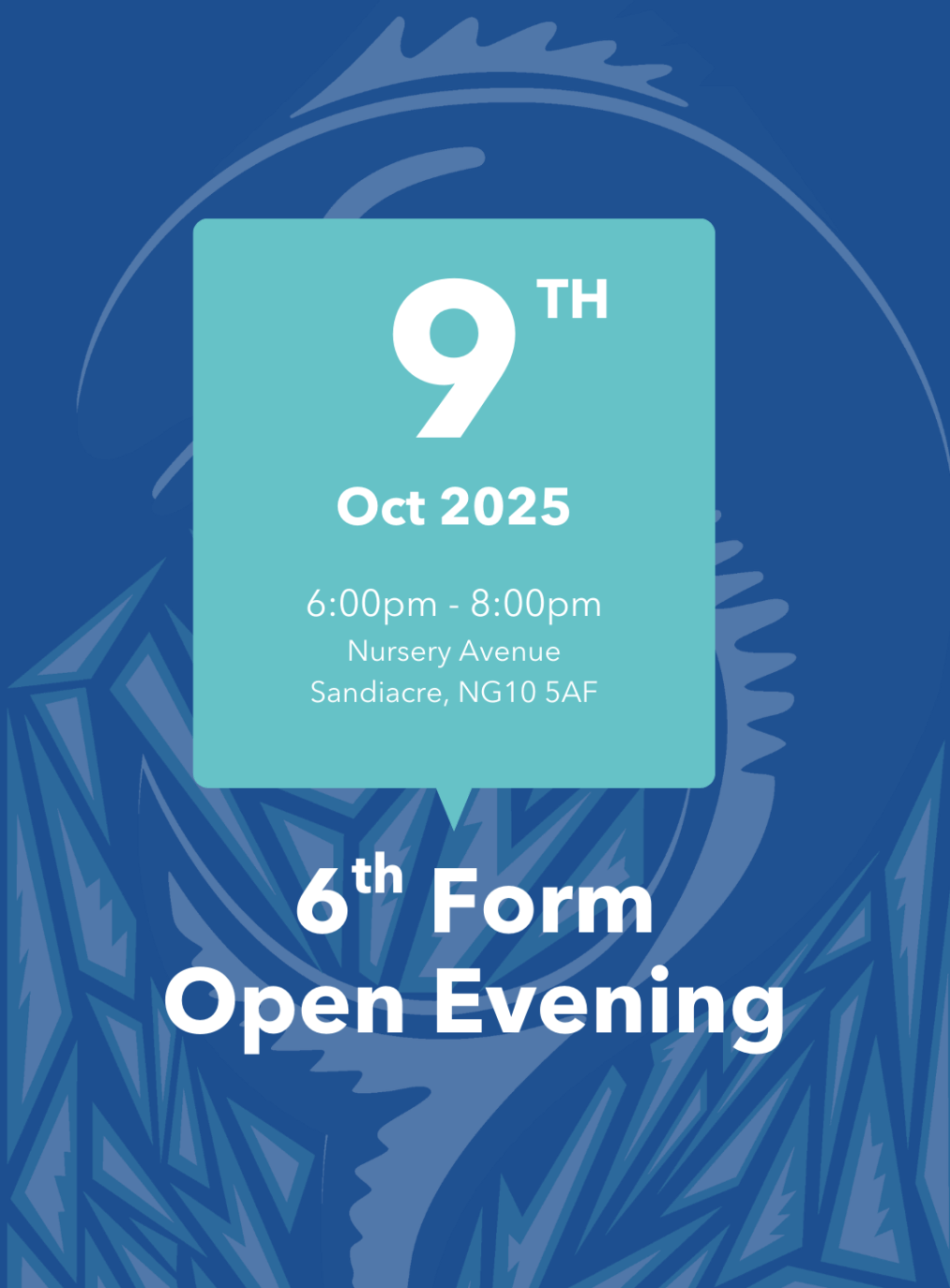Component breakdown
The History A Level course examines the following units:
Breadth study of The Tudors – 40% of the A Level
- Henry VII
- Henry VIII
- Edward VI
- Mary I
- Elizabeth I
Depth study of Democracy and Nazism: Germany, 1918-1945 – 40% of the A Level
- The establishment and early years of Weimar
- The Golden Age of the Weimar Republic
- The collapse of democracy
- The Nazi dictatorship
- The racial state
- The impact of war
NEA: study and coursework into the crusades – 20% of the final A Level grade
This is a coursework personal study covering the period of the Crusading Wars. You will have an introductory unit of work delivered and will then be guided in how to pursue a personal research study to produce an essay of no more than 4500 words on a choice of questions. You will use both primary and secondary evidence in your enquiry. It will be internally assessed and externally moderated.


